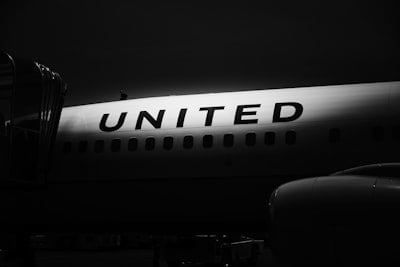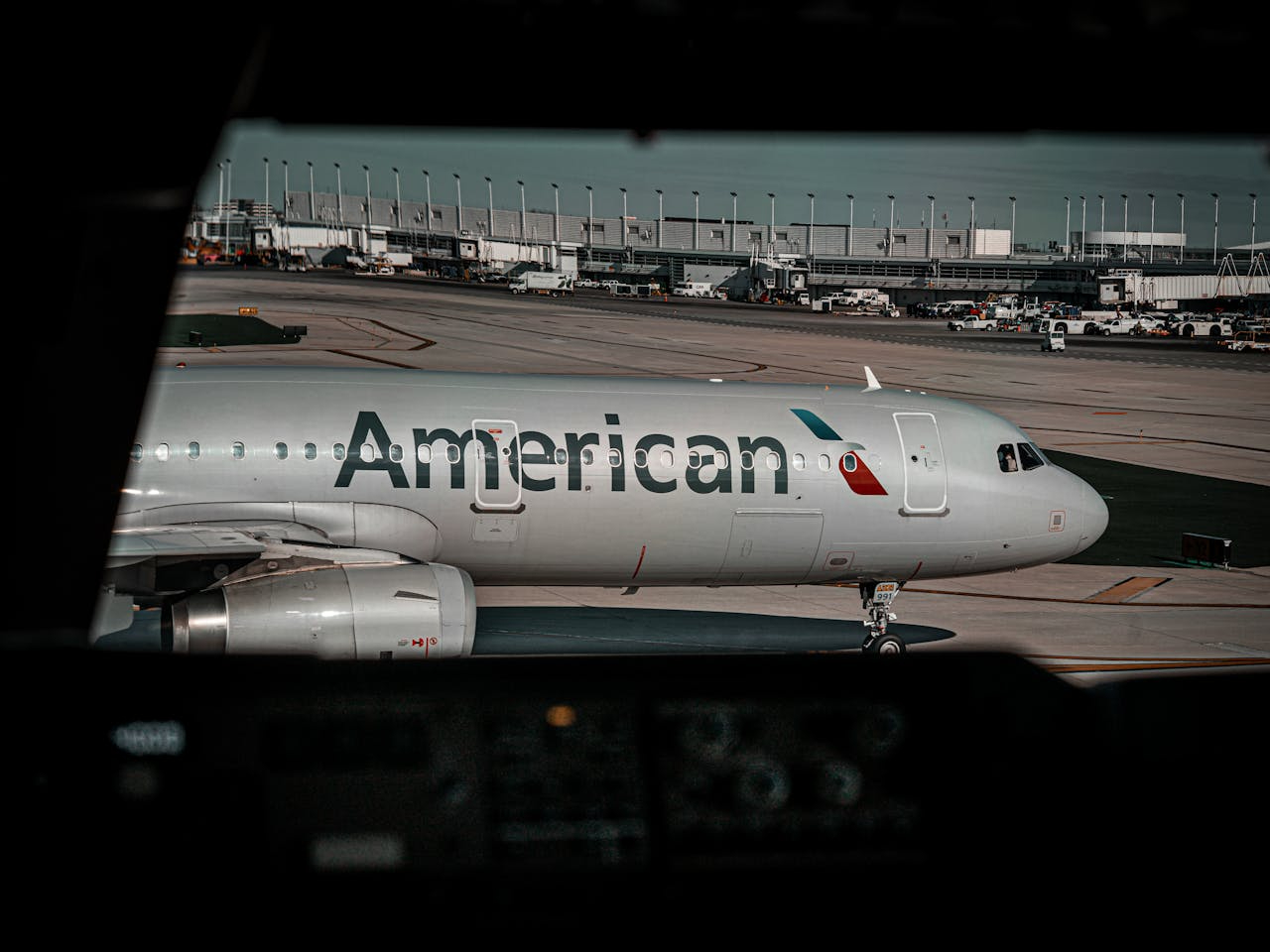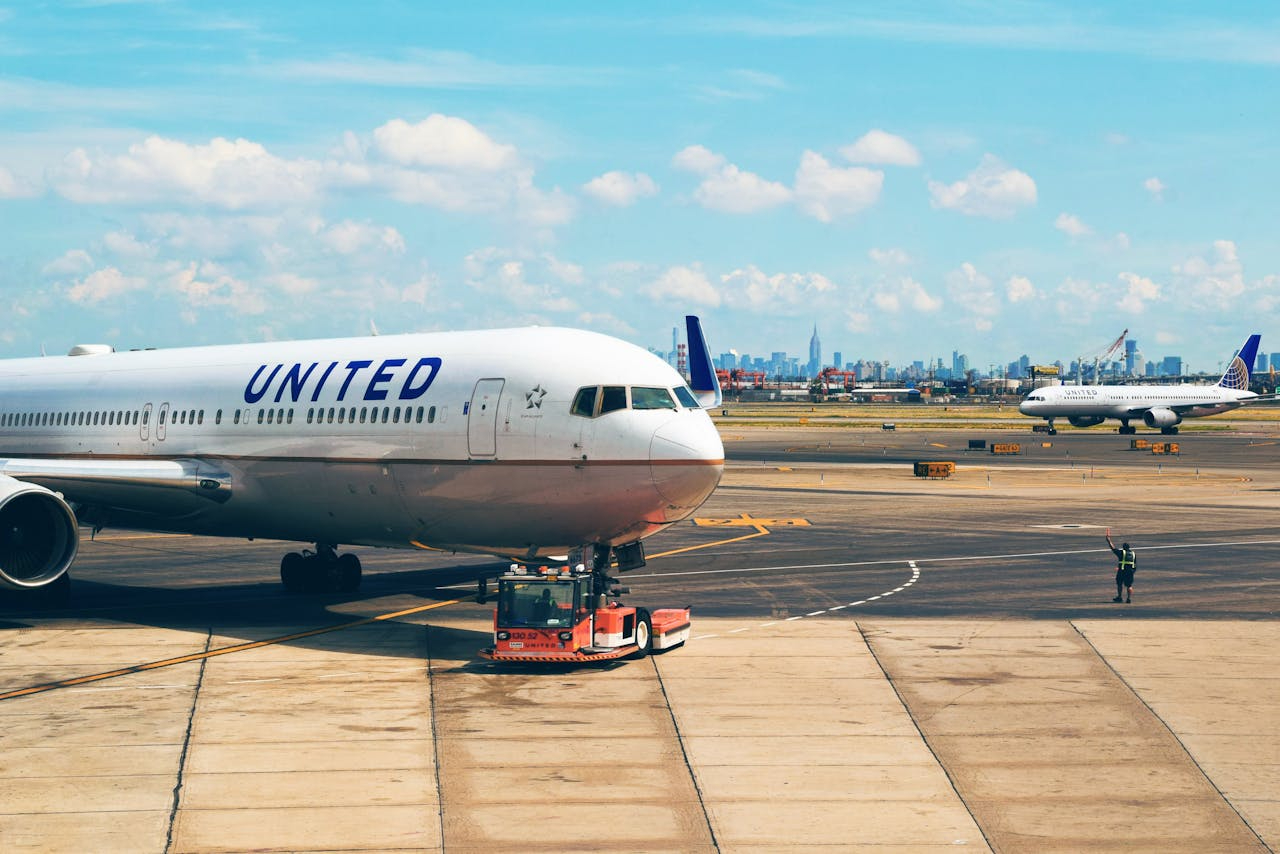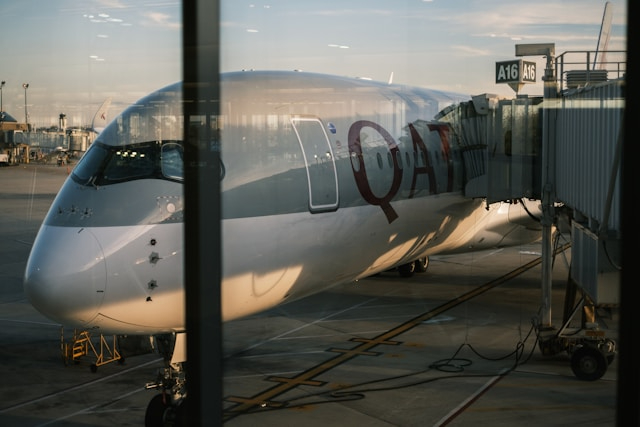Key Takeaways
• United Airlines’ CEO criticizes Heathrow’s high landing fees, calling them unfair and harmful to passengers.
• Heathrow’s expansion, including a $60 billion third runway, could raise airline and passenger costs even more.
• UK Civil Aviation Authority launched two reviews into Heathrow’s pricing and regulatory framework, seeking potential reforms.
Scott Kirby, the CEO of United Airlines, has spoken out strongly against the way Heathrow Airport regulates its operations. His main concern is that Heathrow charges very high landing fees, which end up making tickets much more expensive for passengers. Kirby thinks these costs are unfair, especially because travelers and the airlines have little say in how the fees are set or how the airport is run. In his view, airports like Heathrow need to work more closely with airlines to keep prices reasonable and give passengers better value for what they pay.
What Scott Kirby Says About Heathrow’s Regulation

Scott Kirby’s remarks have brought attention to how regulation at Heathrow works and why he thinks it needs to change. His main points include:
1. Airlines Need a Greater Role:
Kirby believes airlines like United Airlines should have more input in decisions about Heathrow’s landing fees, expansion plans, and other important rules. At present, he feels airlines are not given a real chance to shape these decisions, even though the costs have a direct effect on passengers. By giving airlines a “seat at the table,” Kirby argues, regulators can hear more about what is good for travelers and keep prices fair.
2. High Fees Hurt Passengers:
Heathrow Airport charges very high landing fees — these are the fees airlines pay every time their planes land at the airport. According to Kirby, these high fees are a big reason why plane tickets to and from Heathrow cost so much, which can discourage people from traveling or make it much harder for families to afford flights. He has called these charges “sky-high” and “onerous,” saying the extra cost is not fair for the average passenger.
3. Regulation Has Gaps:
The United Airlines leader has said that the current way Heathrow is regulated does not do enough to control high costs. He thinks the regulatory model is out of date and not good enough for a modern airport. Kirby is worried that decisions are being made mainly to boost profits for the airport’s private owners, rather than to serve airline customers and the flying public.
4. Expansion Could Make Things Worse:
Heathrow is planning to expand by building a third runway, a project that could cost more than $60 billion. Kirby is concerned that, unless there are big changes in the way the airport is managed and regulated, this huge project could lead to even higher fees for airlines and passengers. He fears that if the costs of expansion are passed on to airlines, they will have no choice but to raise ticket prices even further.
The Industry’s Wider Concerns About Heathrow
Scott Kirby’s criticisms are part of a much bigger debate in the aviation world. Many other airlines that use Heathrow, like British Airways/IAG and Virgin Atlantic, are also demanding changes. They argue that Heathrow is already the most expensive airport in the world when it comes to landing fees and other charges. Together, these airlines say Heathrow collects about £1.1 billion more each year in fees than other similar airports.
However, despite these high costs, airlines and passengers have said that Heathrow often fails to deliver the service and comfort people expect. Complaints include old, crowded terminals and slow processes. Airlines and their passengers believe that if they’re paying such high fees, they should get better service and newer facilities.
The main points of criticism are:
- Heathrow’s landing fees and other charges are much higher than most other airports.
- The airport is owned and operated for profit by private investors, which encourages them to focus on raising fees rather than making the airport work better for travelers.
- Unlike many airports in the United States 🇺🇸, which are usually run by local governments or non-profit agencies, Heathrow’s private model leaves airlines and passengers feeling left out of key decisions.
How Is The Government Responding?
As more airlines and passengers speak up, the United Kingdom 🇬🇧 Civil Aviation Authority (CAA) has started taking a closer look at Heathrow’s practices. The CAA has begun two in-depth reviews: one is called the “H8 review,” which looks at how Heathrow sets its prices, and the other looks at the bigger rules that guide how the airport is run. Both reviews are part of a promise to make sure that any money spent on things like a new runway will be used wisely and that costs won’t get out of hand.
The goal is to make sure Heathrow uses its money well, keeps costs down for passengers, and runs smoothly as it grows. But many airlines, including United Airlines, worry that these reviews may not lead to real change unless regulators start listening more to the needs of airlines and travelers.
Why Heathrow’s Fees Matter for Everyone
Heathrow Airport is one of the busiest airports in the world, serving millions of travelers each year. What happens at Heathrow affects people far beyond London ☑️ or the United Kingdom 🇬🇧. Because it’s a major hub for global travel, airlines from all over the world use Heathrow to connect people and goods between continents.
When Heathrow’s costs go up, it’s not just the passengers flying to or from London who pay more. Often, airlines have to raise fares on connecting flights, and cargo companies must increase their shipping prices too. For frequent travelers, families on vacation, students heading to study abroad, and even people doing business between continents, the cost of using Heathrow can make a big difference.
Comparing London’s Main Airport to Others
- High Costs: Heathrow’s fees are about £1.1 billion more each year than airports of similar size and importance.
- Poor Service Despite High Prices: Many passengers report that service has not kept up with rising costs.
- Private Ownership: Airport owners want to make a profit, which can mean higher fees, even if services don’t improve.
In contrast, many United States 🇺🇸 airports operate under a different model. These airports are usually run by public agencies or non-profit groups, which tend to focus more on keeping travel affordable and acting in the public interest, not just making money. That said, many major European airports share Heathrow’s private ownership structure, so the debate at Heathrow is one part of a larger discussion about how airports should work.
Scott Kirby’s Suggestion for Change
Scott Kirby wants airport rules to change so that airlines have more involvement in the way airports like Heathrow are run. He thinks that only by giving airlines more power to bargain and share their views will things get better for passengers. He specifically called for scrutiny of future airport investments. Kirby’s worry is that “unchecked expansion” — such as building a costly new runway — will push fees even higher and hurt passengers even more.
Kirby notes, “Airlines should advocate for passengers who are looking to avoid the sky-high cost… created by these onerous fees…” This statement makes clear he sees his campaign as standing up not just for airlines, but also for the passengers who feel the sting of always-rising air travel costs.
Table: Main Issues Identified by United Airlines and Scott Kirby
| Problem | What United Airlines and Kirby Say | What Others in the Industry Say |
|---|---|---|
| Landing Fees | Too high, making tickets too costly | Many other airlines agree these must come down |
| Regulation | Needs to involve airlines more at every step | Calls for a full CAA review and reform |
| Expansion Costs | Third runway could push fees even higher | Caution needed—watch costs before expanding airport |
| Service Quality | Not worth the extra money passengers pay | Many passengers and airlines feel the same way |
Impact on Passengers, Airlines, and the Industry
For everyday travelers, the result of Heathrow’s high fees is pretty clear: higher ticket prices and sometimes a less pleasant airport experience. This can be especially challenging for families looking to travel on a budget, for students going abroad, or for businesses whose workers need to travel often.
For airlines, it means tighter profit margins and less choice about where to invest money in new routes, newer planes, or better service for their customers. As a result, both airlines and passengers are put under pressure, making the whole flying experience more expensive and sometimes less enjoyable.
For the airport, high fees and growing complaints could lead to fewer airlines wanting to use Heathrow, or passengers choosing to fly through other airports like Amsterdam, Paris, or Frankfurt instead.
Industry-Wide Push for Change
Many airlines now want to see big reforms in how Heathrow is run. Along with United Airlines, both British Airways/IAG and Virgin Atlantic have come out in public to support calls for major changes. These companies want the government and the CAA to step in and:
- Reduce landing fees and other costs.
- Improve the quality of service so that travelers get more for their money.
- Make the airport’s leadership more accountable to airlines and passengers.
- Carefully review any expansion plans and make sure they do not result in runaway costs.
Analysis from VisaVerge.com suggests that unless there are meaningful reforms, the problems at Heathrow might only get worse if more costly projects go forward. Airlines working together, alongside more involved government watchdogs, may be the only way to ensure things change for the better.
Looking to the Future: Will Regulation Shift?
The reviews launched by the UK Civil Aviation Authority could lead to some changes in how Heathrow works, especially if airlines can show that lower fees and better rules are in the best interest of everyone involved. Real change will likely depend on whether regulators can balance the interests of private airport owners, the needs of airlines, and the wishes of everyday travelers.
If you’re interested in reading more about how the UK government reviews airport rules and fees, you can find more official information on the UK Civil Aviation Authority’s regulatory policy page.
Key Takeaways
- Scott Kirby, CEO of United Airlines, has called out Heathrow Airport for high fees and outdated regulations that he says hurt passengers and airlines.
- The issue is not just about money—service quality has also come under fire, despite the high prices.
- Other airlines back United’s push, with many demanding the UK government and regulators do much more.
- The CAA has started looking into Heathrow’s pricing and rules, aiming to stop expansion costs from getting out of control while protecting travelers.
- The final outcome depends on whether regulators can force meaningful reforms, especially with billions of dollars’ worth of expansion on the horizon.
- For now, all eyes are on Heathrow, Scott Kirby, and the international airlines that want to see real change, not just promises.
Passengers, airlines, and regulators all have a role to play, and the debate over Heathrow’s future is likely to shape how other big airports in Europe and beyond set their own rules and prices in the years ahead.
Learn Today
Landing Fees → Charges airlines must pay to airports each time their aircraft land, often passed on to passengers through ticket prices.
Regulatory Model → The system and rules by which airports like Heathrow are managed, including how fees and policies are set.
Civil Aviation Authority (CAA) → The UK’s government regulator overseeing airports, airlines, and safety, responsible for reviewing airport policies and pricing.
Private Ownership → When an airport is operated by private investors seeking profit, often affecting decision-making and passenger costs.
Expansion Costs → Expenses for airport growth projects, like building new runways, potentially increasing fees for airlines and passengers.
This Article in a Nutshell
Scott Kirby, United Airlines’ CEO, challenges Heathrow Airport’s high landing fees, arguing they overburden passengers and airlines. He pushes for greater airline input on regulation and expansion plans, fearing unchecked growth will further inflate prices. The UK Civil Aviation Authority is now reviewing Heathrow’s cost structure and regulatory practices amid mounting industry pressure.
— By VisaVerge.com
Read more:
• American Airlines Flight AA333 from Athens diverted to London Heathrow
• British Airways fined £3.2 million for workplace accidents at Heathrow
• Virgin Atlantic ends London Heathrow to Tel Aviv flights for good
• Virgin Atlantic to launch direct London Heathrow-Seoul Incheon flights
• Heathrow Warned of Power Issues Days Before Airport Shutdown













